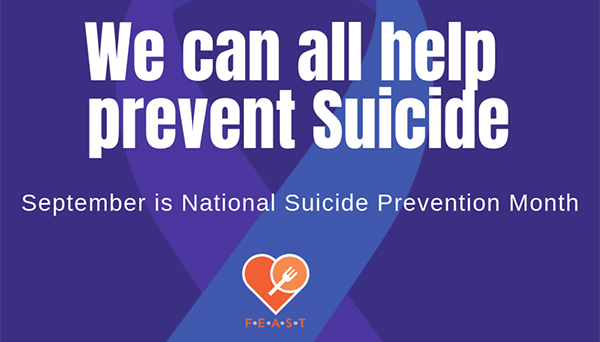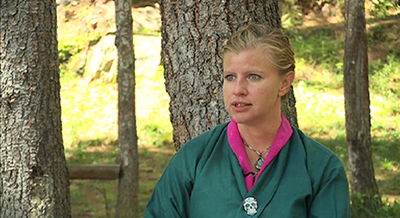 Suicide prevention remains a universal challenge. Every year, suicide is among the top 20 leading causes of death globally for people of all ages. And in Bhutan, it is a serious social and public health issue that generally impacts the most vulnerable and disadvantaged members of the society.
Suicide prevention remains a universal challenge. Every year, suicide is among the top 20 leading causes of death globally for people of all ages. And in Bhutan, it is a serious social and public health issue that generally impacts the most vulnerable and disadvantaged members of the society.
As per records with the health ministry, for the last two years, all 20 dzongkhags have reported suicide incidences. And 88 per cent of suicide deaths have occurred in rural areas with 66 per cent among married people and those with less education.
 Carly Clutterbuck, an Australian volunteer with the health ministry who is also a psychologist says raising awareness about the issue, educating oneself and others about the causes of suicide and warning signs for suicide is critical in preventing suicide.
Carly Clutterbuck, an Australian volunteer with the health ministry who is also a psychologist says raising awareness about the issue, educating oneself and others about the causes of suicide and warning signs for suicide is critical in preventing suicide.
“So suicide prevention is about noticing the warning signs that someone is struggling. So the most obvious sign is somebody talking about dying, wanting to die, being the burden to others, saying things like it would be better if I just wasn’t here, nobody would miss me when I am gone. So those sorts of things are indicators that someone is not okay. They might also be writing or drawing about suicide or harming themselves,” She said
“They will have changes in their mood. So again things that are out of the ordinary for them. So if they are usually quite a social person and if they suddenly not social at all, not talking for one or two days, like a week or two weeks and you are having trouble connecting with them.”
Other warning signs include erratic mood, sad, stressed, anxious, eating more than usual or far less than usual, not being able to get to sleep or stay asleep. Suicidal warning signs are physical or mental indications that are evident in people and understanding them on time can prevent suicide cases.
“The best thing you can do is ask. I know it’s terrifying to ask the question-Are you thinking about taking your life, have you thought about suicide? But these are very important questions to ask because they will help the person feel like that it’s okay to talk about it. A lot of people think that if I ask them or put the idea in their head or after they finish talking to me, they will go off and act. That’s absolutely not the case. So I have asked easily over 90 per cent of my clients in my career and what that has done has decreased the risk rather than increase the risk because if it has given them a safe space to talk about what’ happening for them,” Carly Clutterbuck said.
She further added that talking about suicide can change the person who is having suicidal thoughts.
” You can give more resources and help them reduce the problems in their mind. And the best news is that you don’t have to fix the problem. So if you do ask and someone says yes I have been thinking about hurting myself, all you have to do is go tell me what’s going on for you and listen, just listen, don’t give advice, don’t try and fix it, don’t try and save them, just listen to their experience. If you don’t know what to do, simply say I don’t know what to do, should we go and see a counsellor, can I go with you to the hospital? so that you can share that with somebody else who has the skills to help them.”
She added preventing suicide is often possible and everyone can contribute to its prevention. Each person can make a difference- as a member of the society, as a child, as a parent, as a friend, as a colleague or as a neighbour.
Seeking help from professionals such as psychiatrists, counsellors and psychologists are recommended to those exhibiting warning signs. Calling the toll free helpline 112 can also help in getting those who are vulnerable safe.
Sonam Pem







